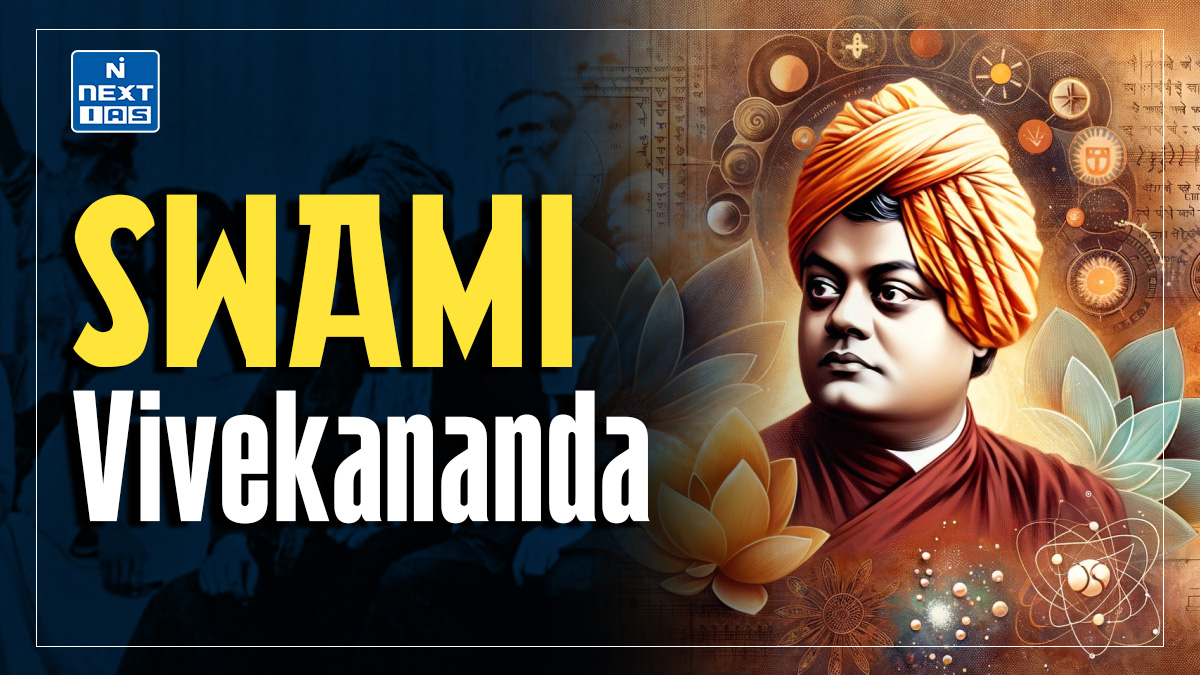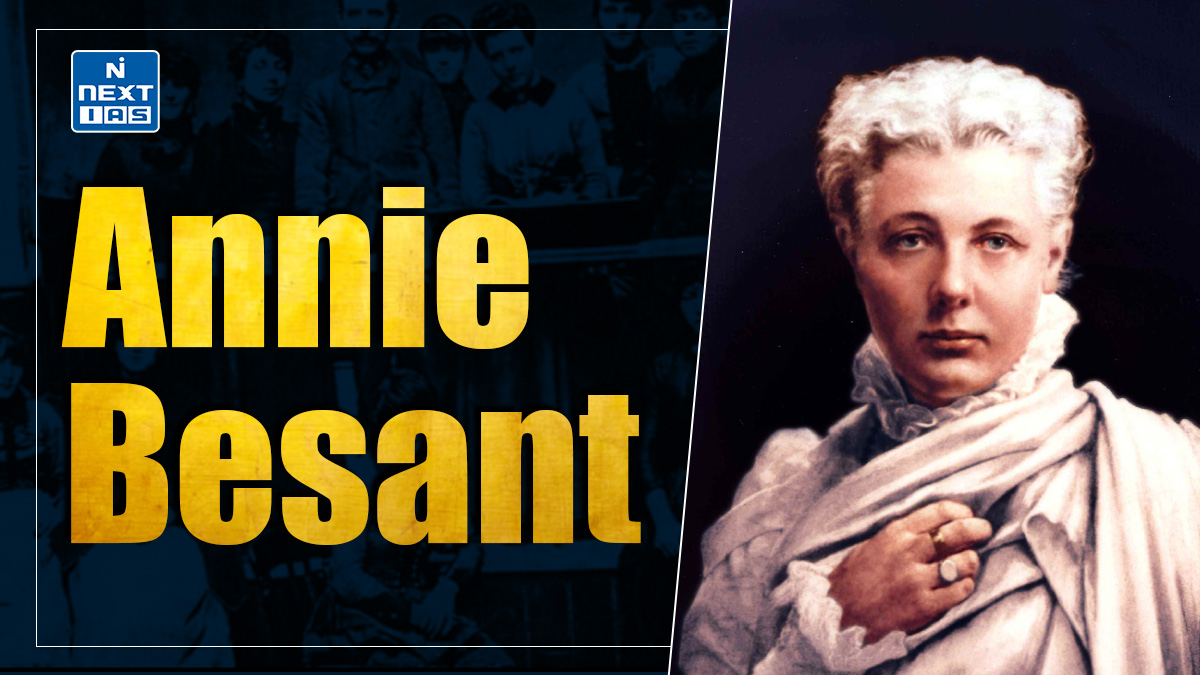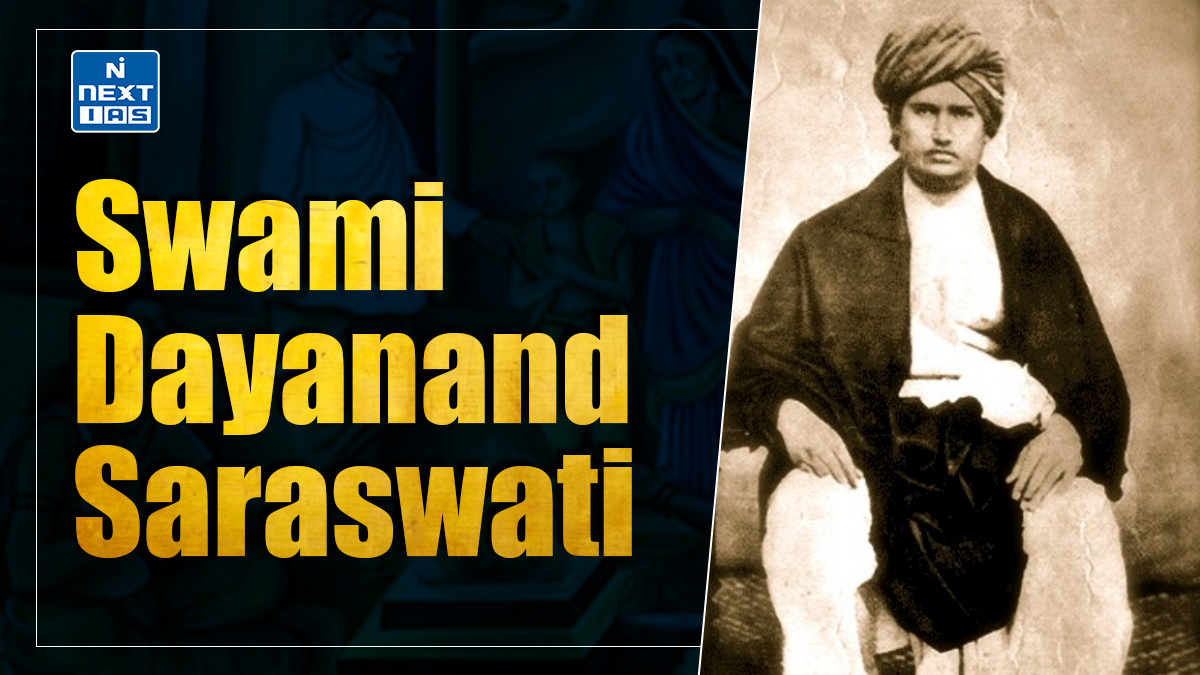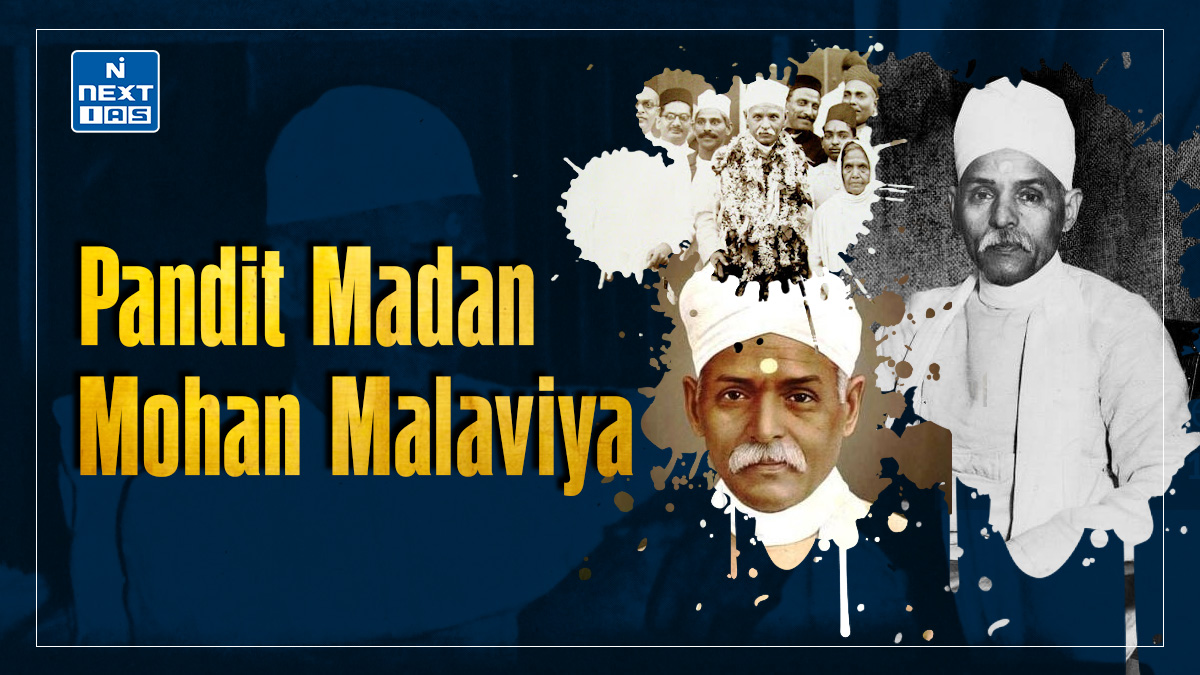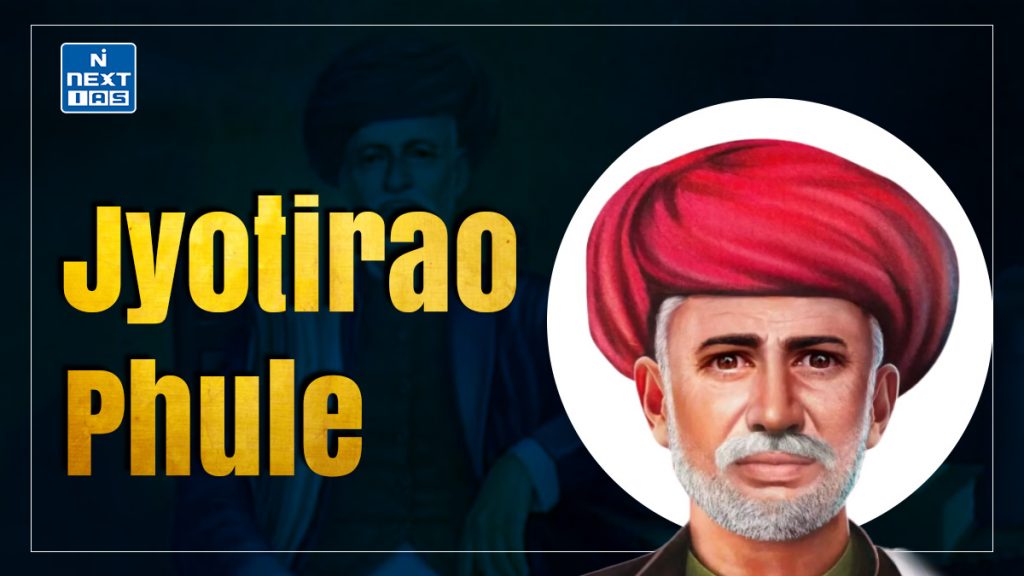
Jyotiba Phule was a visionary social reformer who worked tirelessly to challenge caste-based discrimination and uplift marginalised communities in 19th-century India. His efforts in promoting education, women’s rights, and equality laid the foundation for modern social reform movements in India. This article aims to study in detail the life, ideology, and contributions of Jyotiba Phule to Indian society.
About Jyotiba Phule
- Jyotiba Govindrao Phule, also known as Jyotirao Phule, was a revolutionary social reformer who dedicated his life to fighting against caste discrimination and advocating for the rights of marginalized communities.
- Born on 11th April 1827 in Poona (present-day Pune) into the Mali caste, which was considered a low caste in the social hierarchy, Phule emerged as a beacon of hope for the oppressed.
- His relentless efforts to challenge the dominance of the upper castes and uplift the downtrodden earned him the title of Mahatma in 1888, a testament to his transformative influence on Indian society.
Biography of Jyotiba Phule
- Phule’s experiences with caste-based oppression in his youth instilled in him a sense of urgency to bring about change.
- A bright and determined individual, he defied societal norms by pursuing education and using it as a tool to critique and challenge the inequities perpetuated by the caste system.
- He openly criticised the Brahminical dominance in Hindu society, accusing the upper castes of crafting social rules to oppress the lower castes.
- To counteract this, Phule invoked the symbol of Raja Bali, the mythical king known for his benevolence toward his subjects, as a unifying figure for the lower castes.
- This was a direct challenge to the Brahminical symbol of Rama, underscoring his revolutionary ideology.
Ideological Framework of Jyotiba Phule
Jyotiba Phule’s reformist ideology was rooted in the principles of equality, education, and empowerment:
- Equality for Lower Castes: Phule envisioned a society where caste discrimination was abolished, and individuals were treated based on merit rather than birth.
- Criticism of Brahmanical Culture: Phule was deeply critical of the Brahminical hegemony, which he believed perpetuated ignorance and inequality.
- Advocacy for Women’s Rights: He championed the causes of women’s education, widow remarriage, and the eradication of practices such as female infanticide.
- Education as a Tool for Empowerment: Phule believed that education was the key to societal reform. He worked tirelessly to make primary education compulsory and accessible to marginalised communities.
Contributions of Jyotiba Phule to Social Reform
Jyotiba Phule’s contributions to social reform were revolutionary and far-reaching:
- Satyashodhak Samaj: In 1873, Phule founded the Satyashodhak Samaj (Society of Truth Seekers) to promote social service and education among the lower castes.
- The Samaj treated men and women as equals, focusing on education, health, and economic empowerment for marginalised communities.
- Educational Reforms: Phule and his wife, Savitribai Phule, were pioneers in promoting women’s education. They started the first girls’ school in Poona and several others, catering to lower-caste children.
- He advocated making education compulsory in villages and offering incentives to encourage lower-caste children to pursue higher education.
- Fight Against Social Evils: Phule was instrumental in the fight against practices like female infanticide, child marriage, and the mistreatment of widows.
- He set up homes for widows of all castes, emphasizing their right to live with dignity and freedom.
- Publications and Writings: Phule’s literary works, including Ghulamgiri (Slavery) and Sarvajanik Satyadharma Pustak, were powerful critiques of caste oppression and sources of inspiration for the oppressed.
- His writings highlighted the need for societal reform and exposed the injustices of the caste system.
- Administrative Reforms: In 1876, Phule joined the Poona Municipal Committee and worked to implement measures that improved the living conditions of marginalized communities.
Legacy of Jyotiba Phule
- Jyotiba Phule’s vision of an equitable and inclusive society laid the foundation for many social reform movements in India.
- His work inspired generations of reformers, including Dr. B.R. Ambedkar, and played a crucial role in shaping modern India’s commitment to social justice and equality.
- Phule’s emphasis on education as a transformative force and his tireless efforts to eradicate caste-based discrimination continue to resonate in contemporary India.
- His life and legacy remind us of the power of compassion, resilience, and the unwavering pursuit of justice.
Conclusion
In conclusion, Mahatma Jyotiba Phule was a reformer and revolutionary who dared to challenge entrenched social norms and inspire change. His work is a cornerstone of India’s journey toward social justice, equality, and progress. His relentless efforts to uplift the marginalised and his emphasis on education as a tool for empowerment continue to inspire generations. Phule’s vision laid the foundation for a more inclusive and equitable society.
Frequently Asked Questions (FAQs)
Who was Jyotiba Phule?
Jyotiba Phule was a 19th-century Indian social reformer, educator, and activist who fought against caste discrimination and gender inequality. He is renowned for championing women’s education and establishing the Satyashodhak Samaj for social equality.
Who is known as the father of Indian social revolution?
Jyotiba Phule is known as the “Father of the Indian Social Revolution” for his pioneering efforts in eradicating caste-based oppression and promoting education and equality for marginalized sections of society.

